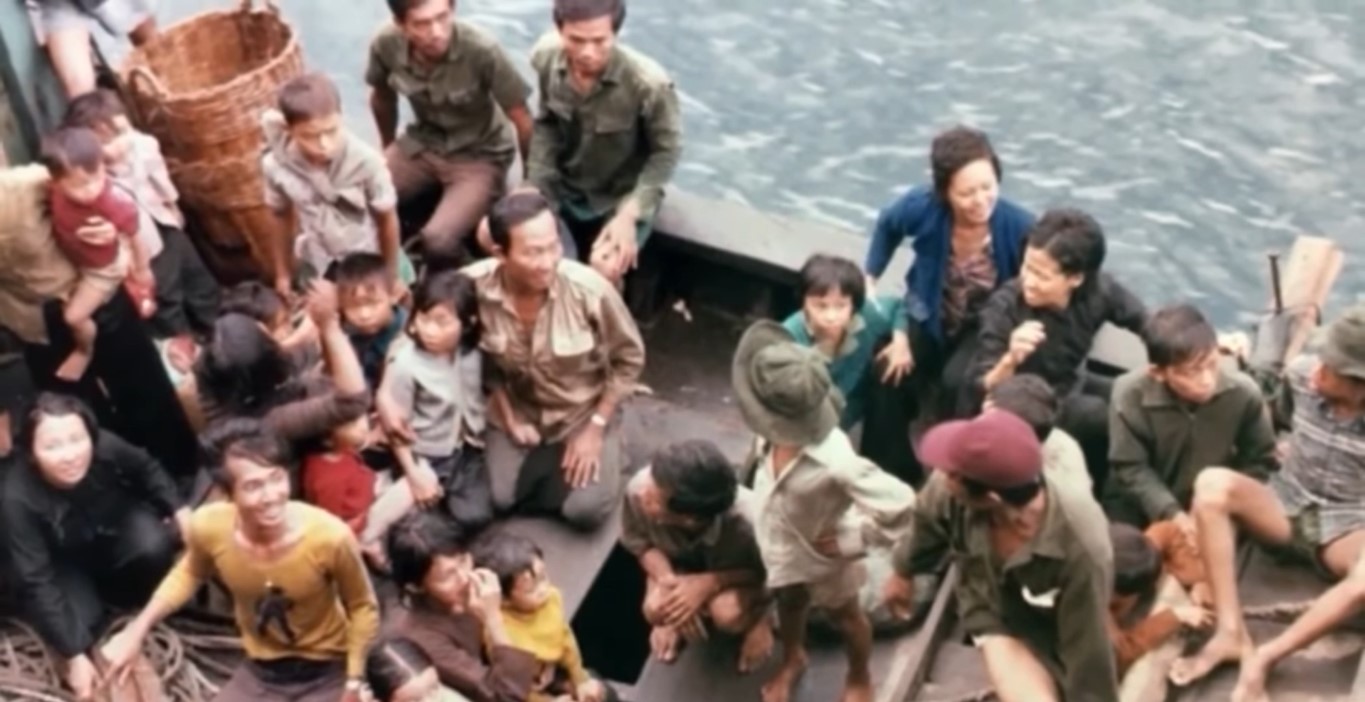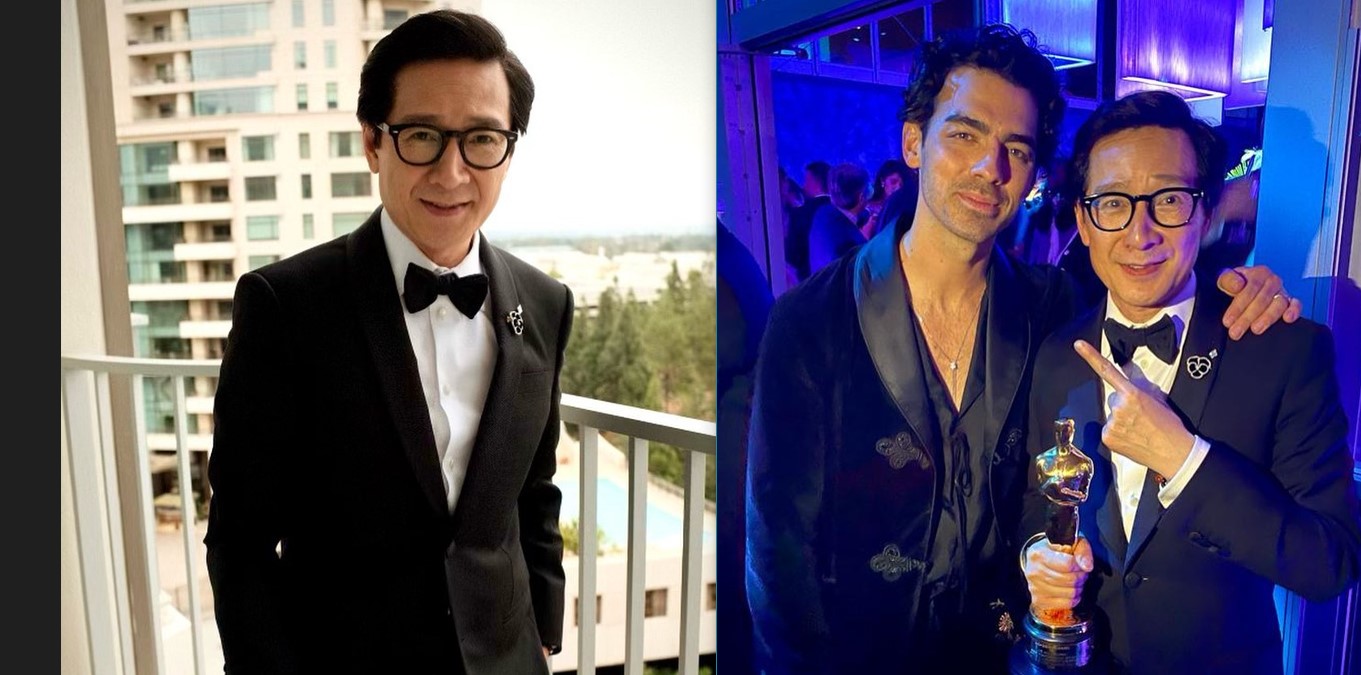Boat People - Vietnam’s Ex-Refugees Include Oscar-Winning Actor
Ever heard of the boat people? When one of them won an Oscar recently, he acknowledged how he was part of those people who escaped a place they used to call home. The world was once again reminded of the refugees from Vietnam back in the ‘70s, who arrived in different countries aboard overcrowded boats.
Author:Karan EmeryReviewer:Frazer PughMar 19, 202390.1K Shares1.5M Views
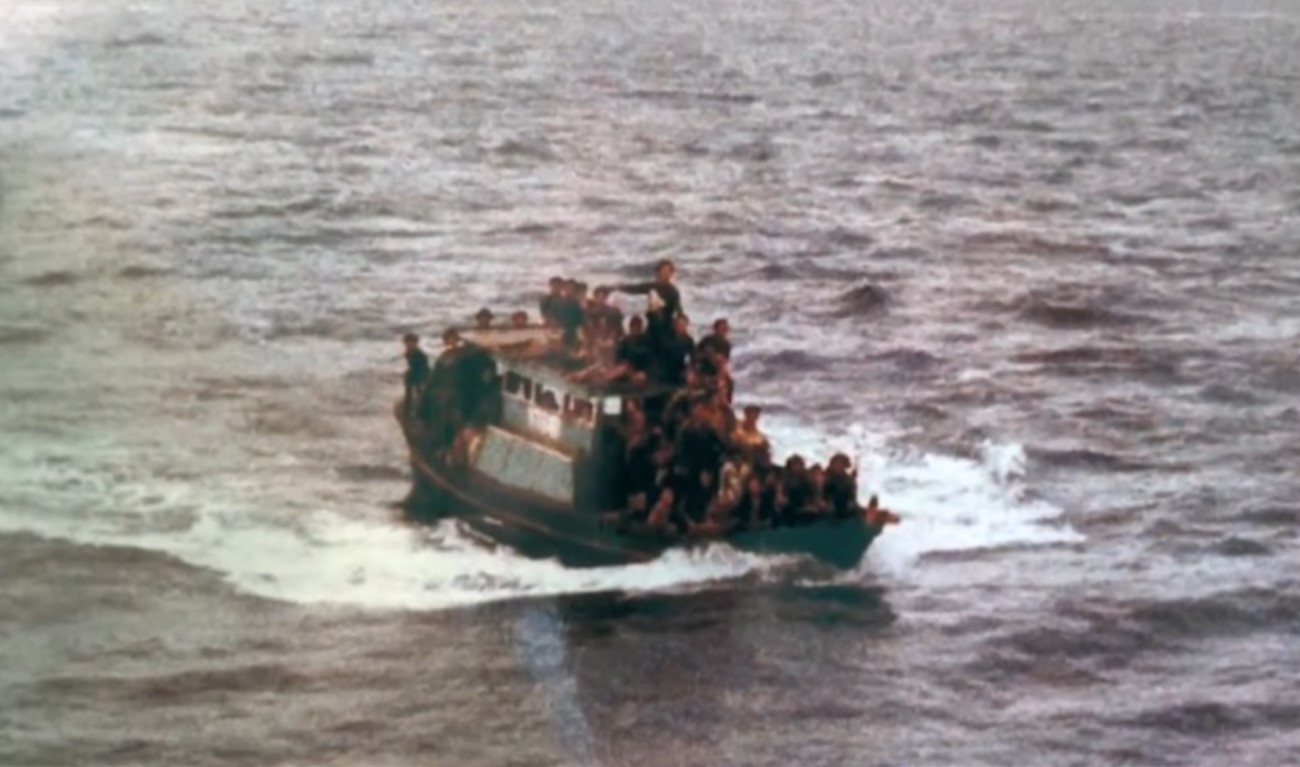
The boat peoplewere a group of refugees who fled Vietnam by boat after the fall of Saigon in 1975.
More people left during the subsequent decades of political and economic instability in Vietnam.
They risked their lives in small, overcrowded boats to escape the country and seek asylum elsewhere.
What happened to these boat people and how did the world respond to this crisis?
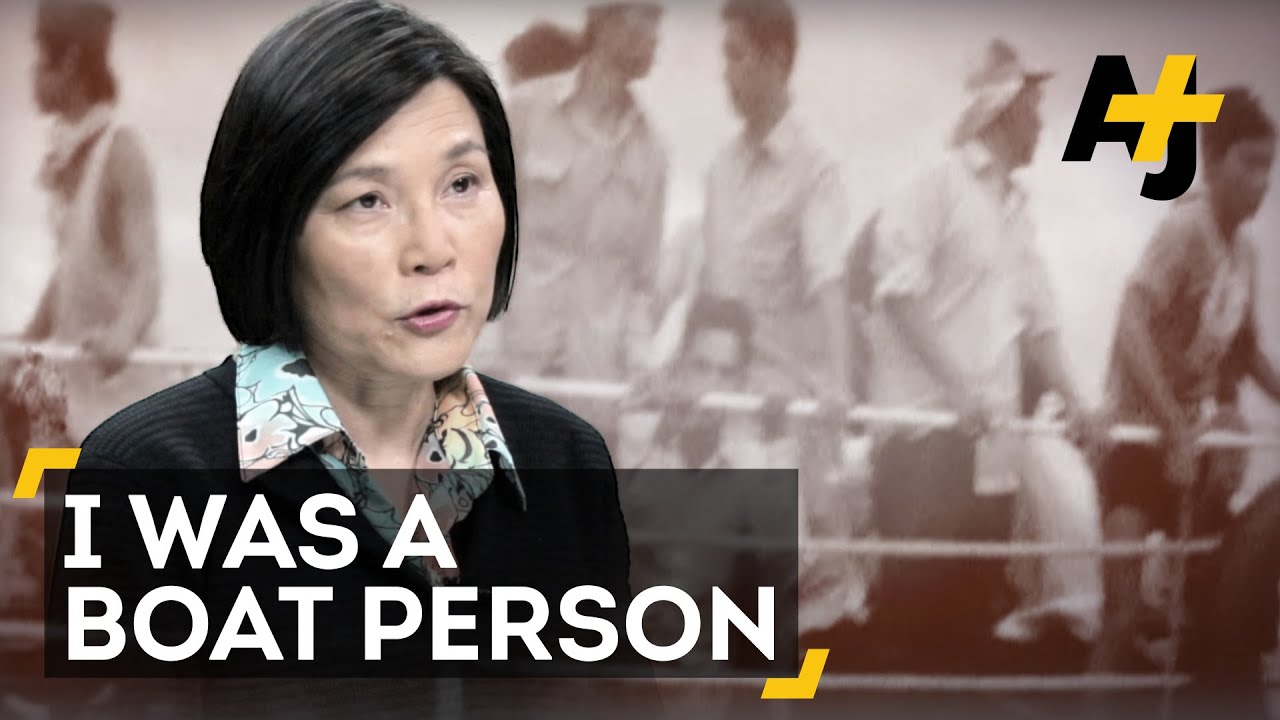
I Was A Boat Person: Vietnamese Refugees Look Back
Boat People Vietnam
The boat people were the refugeeswho fled from the Communist government that had taken over South Vietnam after the end of the Vietnam War.
The crisis began in earnest in April 1975, when the South Vietnamese government surrendered to the Communist forces of North Vietnam.
Many South Vietnamese, fearing persecution and retribution from the Communist government, decided to flee the country.
They took to the sea in small boats, often overcrowded and unseaworthy, in search of safety and a better life.
Today, the boat people crisis greatly affected the political and social landscape of Southeast Asia and helped shape the international community’s approach to refugees and asylum seekers.
What Was The Status Of Vietnam By 1975?
By 1975, Vietnam had been engaged in a long and brutal conflict known as the Vietnam War.
The war had begun in the late 1950s as a struggle for Vietnamese independence from French colonial rule.
After the French were defeated in 1954, Vietnam was divided into two parts: the Communist-led North, and the American-backed South.
The United States became increasingly involved in the conflict in the early 1960s, sending troops and providing military and economic aid to South Vietnam. However, despite the overwhelming firepower of the U.S. military, they were unable to defeat the Viet Cong, the guerrilla fighters who were aligned with the North Vietnamese.
By the early 1970s, the U.S. was looking for a way to extricate itself from the conflict.
In 1973, a peace agreement was signed that led to the withdrawal of U.S. troops from Vietnam. Unfortunately, fighting continued between the North and the South.
In 1975, North Vietnamese forces launched a major offensive against the South.
The South Vietnamese army, which was heavily dependent on U.S. military aid, was unable to hold off the attack.
On April 30, 1975, North Vietnamese troops captured Saigon, the capital of South Vietnam, and the war officially ended.
Vietnam was reunited under Communist rule, and the country underwent significant political and economic changes in the years that followed.
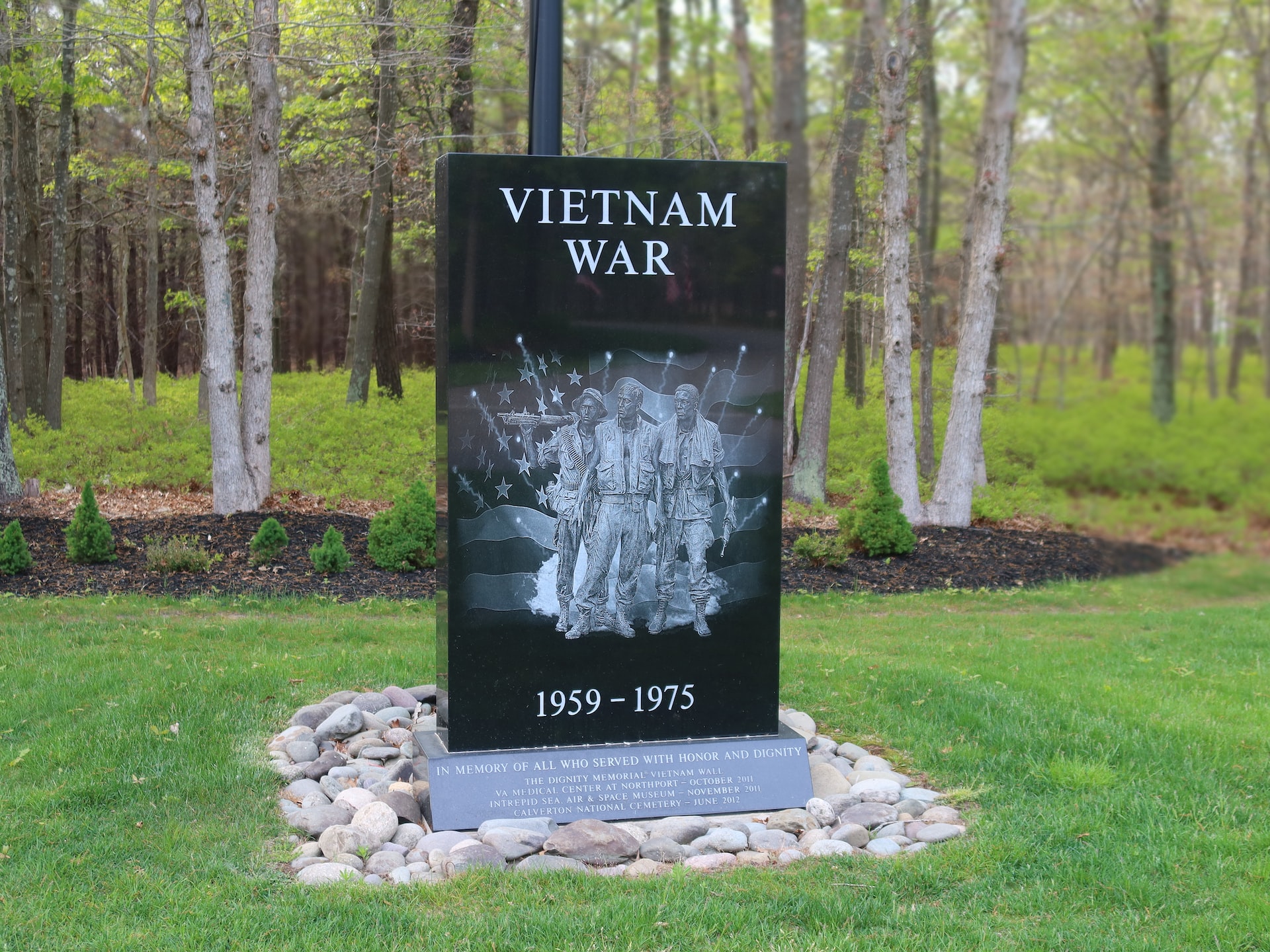
Vietnamese Refugees 1975
The mass exodus of people - the boat people - from Vietnam in 1975 was largely due to the fall of Saigon, which marked the end of the Vietnam War.
Many people who had supported the South Vietnamese government or who have been deemed enemies of the new regime feared for their safety and fled the country.
Thousands of Vietnamese people crowded onto boats and ships, risking their lives to escape the country.
Many of these people became known as “boat people” and resettled in different countries including:
- Canada
- France
- Indonesia
- Malaysia
- Thailand
- United States
These and other countries established resettlement programs to help the refugees rebuild their lives and integrate into their new communities.
What Was The Journey Like For Vietnamese Refugees?
The journey of the Vietnamese boat people was a perilous and traumatic experience.
It was fraught with danger, as the refugees often faced pirates, storms, and the risk of drowning.
Many boats were overcrowded, and there were reports of people being forced to drink their own urine and eat dead bodies to survive.
In addition to the physical challenges of the journey, the Vietnamese boat people also faced emotional and psychological trauma.
Many had to leave their families behind and were uncertain if they would ever be reunited. Others witnessed horrific acts of violence and persecution in their home country and were haunted by those memories.
Once they arrived at their destination, the Vietnamese boat people often faced new challenges, including the following:
- detention in refugee camps
- discrimination
- difficulties in adjusting to a new culture
- tough time learning a new language
One of these boat people was Nguyen Van Tuan, now a Distinguished Professor of Predictive Medicine at the University of New South Wales (UNSW Sydney) - School of Biomedical Engineering.
“„The story of refugee boat people in the 1970s and 80s is a tragic chapter in the nation’s history. Most Vietnamese refugees arriving in the U.S. at that time . . . were very poor.- Professor Nguyen Van Tuan
Prof. Nguyen added:
“„They didn’t speak English. Yet they survived, and thrived.- Professor Nguyen Van Tuan
Despite these challenges, many of them were able to rebuild their lives and make significant contributions to their new communities.
Boat People Australia
Australia was one of the countries that accepted Vietnamese refugees during this time.
Between 1975 and 1985, over 137,000 Vietnamese refugees were resettled in Australia, with many of them arriving by boat.
According to his eponymous website, Prof. Nguyen Van Tuan was one of them. It was in 1982 when he settled in Australia.
The Australian government initially responded to the influx of these boat people by intercepting and turning away boats, but later began accepting and resettling them.
Boat People And America
The United States played a significant role in helping Vietnamese boat people who fled their country by sea during and after the Vietnam War.
In the late 1970s and early 1980s, hundreds of thousands of Vietnamese refugees fled their homeland, many by boat, seeking to escape the political instability and economic hardships that followed the end of the war.
Read further below to know what generally happened to the boat people when they set foot on American soil.
Where Did The Vietnamese Refugees Go In America?
The boat people from Vietnam were resettled in various parts of the United States, with the largest numbers settling in:
- California
- Florida
- Texas
In California, many Vietnamese refugees settled in cities such as San Jose, Garden Grove, and Westminster, which became known as “Little Saigon” due to its large Vietnamese population.
In Texas, the city of Houston became a major hub for resettlement, while in Florida, many boat people settled in the city of Orlando.
Other states that received significant numbers of Vietnamese refugees included:
- Louisiana
- Pennsylvania
- Virginia
How Did The U.S. Help Vietnamese Refugees?
The U.S. government, along with other countries and international organizations, provided assistance to these boat people in a number of ways, including:
a. Resettlement
The U.S. government offered resettlement to a large number of Vietnamese refugees, with approximately 800,000 refugees being resettled in the United States between 1975 and 1997.
The U.S. government also worked with other countries to provide resettlement opportunities for refugees.
b. Humanitarian Aid
The U.S. government provided humanitarian aid to Vietnamese refugees, including food, shelter, medical care, and other assistance.
c. Naval Rescue Operations
The U.S. Navy launched a series of rescue operations to help Vietnamese refugees stranded at sea.
These operations, known as Operation Frequent Wind and Operation New Life, rescued tens of thousands of refugees and brought them to safety.
d. Diplomatic Efforts
The U.S. government worked diplomatically with other countries in the region to provide assistance to Vietnamese refugees and address the refugee crisis.
In short, the U.S. played a significant role in helping Vietnamese boat people see America as a new place they could call home.
Among The Boat People - Ke Huy Quan
The boat people who settled in the U.S. are now called Vietnamese Americans, one of the largest Asian American ethnic groups in the country.
They have made significant contributions to American society in areas such as business, politics, and culture.
One of them just happened to bag an Oscar in 2023.
Ke Huy Quan (also known as Jonathan Ke Quan) is a Vietnamese-American actor and stunt choreographer. He was born on August 20, 1971, in Saigon, South Vietnam (now Ho Chi Minh City, Vietnam).
In March 2023, he won “Best Supporting Actor” at the 95th Academy Awardsfor the action-adventure fantasy movie Everything Everywhere All at Once (2022).
In his acceptance speech, Quan mentioned being part of the boat people who resettled in America.
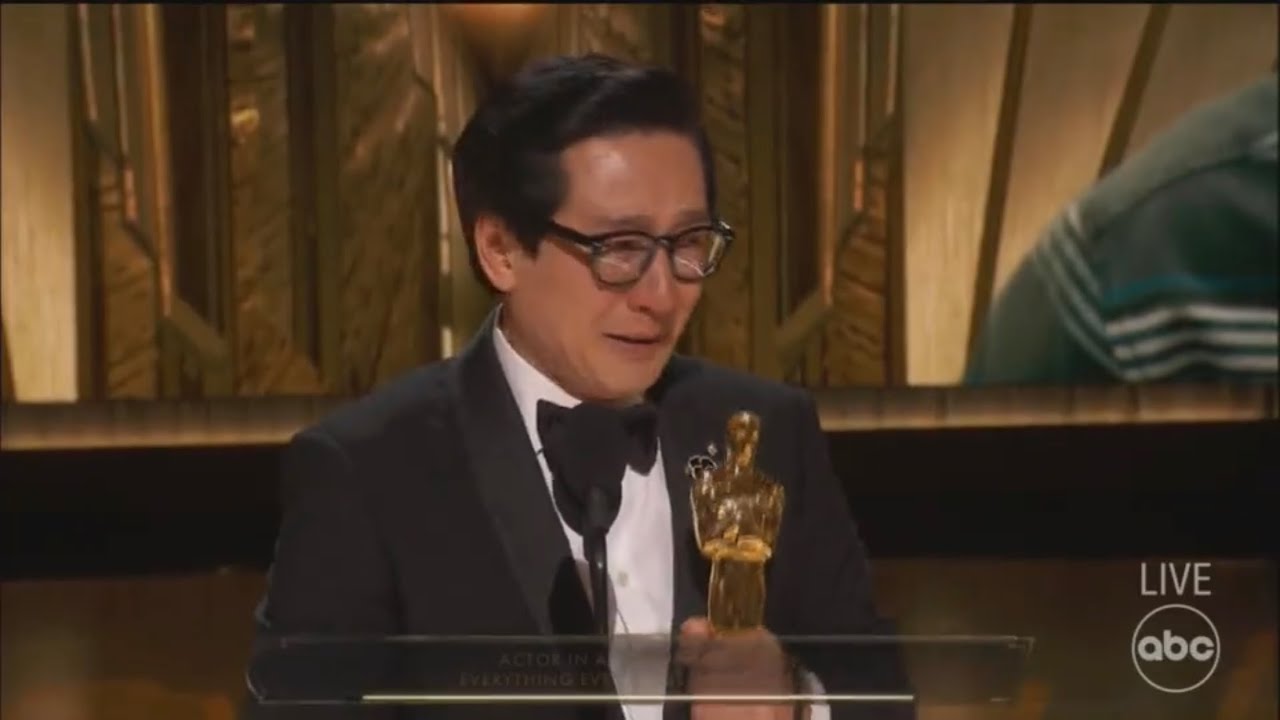
"My journey started on a boat... - Ke Huy Quan #Oscars
People Also Ask
How Many Boat People Left Vietnam?
The boat people crisis lasted from the mid-1970s to the early 1990s, with over 1.5 million refugees fleeing the country.
What Act Was Passed For Refugees Coming To America After The Vietnam War?
The act that was passed for refugees, aka the boat people, was the Refugee Act of 1980.
This law established a formal process for admitting refugees into the United States, and it provided a definition of “refugee” that was in line with the United Nations' definition.
The act also created the Office of Refugee Resettlement, which is responsible for coordinating the resettlement of refugees in the U.S.
Which Country Is Best For Refugees?
Different countries have different policies and approaches toward refugees, and some may be more accommodating and welcoming than others.
Some countries that have been recognized for their efforts in supporting refugees include the following:
- Canada
- Germany
- Norway
- Sweden
Final Thoughts
The boat people crisis was one of the largest and most dramatic refugee movements in modern history. It had a profound impact on the region and the world.
This topic is important because it sheds light on the human cost of political upheaval and the resilience and courage of those who seek a better life in the face of adversity.
Overall, the journey of the boat people from Vietnam was a harrowing experience, marked by courage, resilience, and a strong desire for freedom and safety.

Karan Emery
Author
Karan Emery, an accomplished researcher and leader in health sciences, biotechnology, and pharmaceuticals, brings over two decades of experience to the table. Holding a Ph.D. in Pharmaceutical Sciences from Stanford University, Karan's credentials underscore her authority in the field.
With a track record of groundbreaking research and numerous peer-reviewed publications in prestigious journals, Karan's expertise is widely recognized in the scientific community.
Her writing style is characterized by its clarity and meticulous attention to detail, making complex scientific concepts accessible to a broad audience. Apart from her professional endeavors, Karan enjoys cooking, learning about different cultures and languages, watching documentaries, and visiting historical landmarks.
Committed to advancing knowledge and improving health outcomes, Karan Emery continues to make significant contributions to the fields of health, biotechnology, and pharmaceuticals.

Frazer Pugh
Reviewer
Frazer Pugh is a distinguished expert in finance and business, boasting over 6 years of experience. Holding an MBA in Finance from Stanford University, Frazer's credentials underscore his authority and expertise in the field.
With a successful track record in executive roles and as a published author of influential articles on financial strategy, his insights are both deep and practical.
Beyond his professional life, Frazer is an avid traveler and culinary enthusiast, drawing inspiration from diverse cultures and cuisines.
His commitment in delivering trustworthy analysis and actionable advice reflects his dedication to shaping the world of finance and business, making a significant impact through his work.
Latest Articles
Popular Articles
